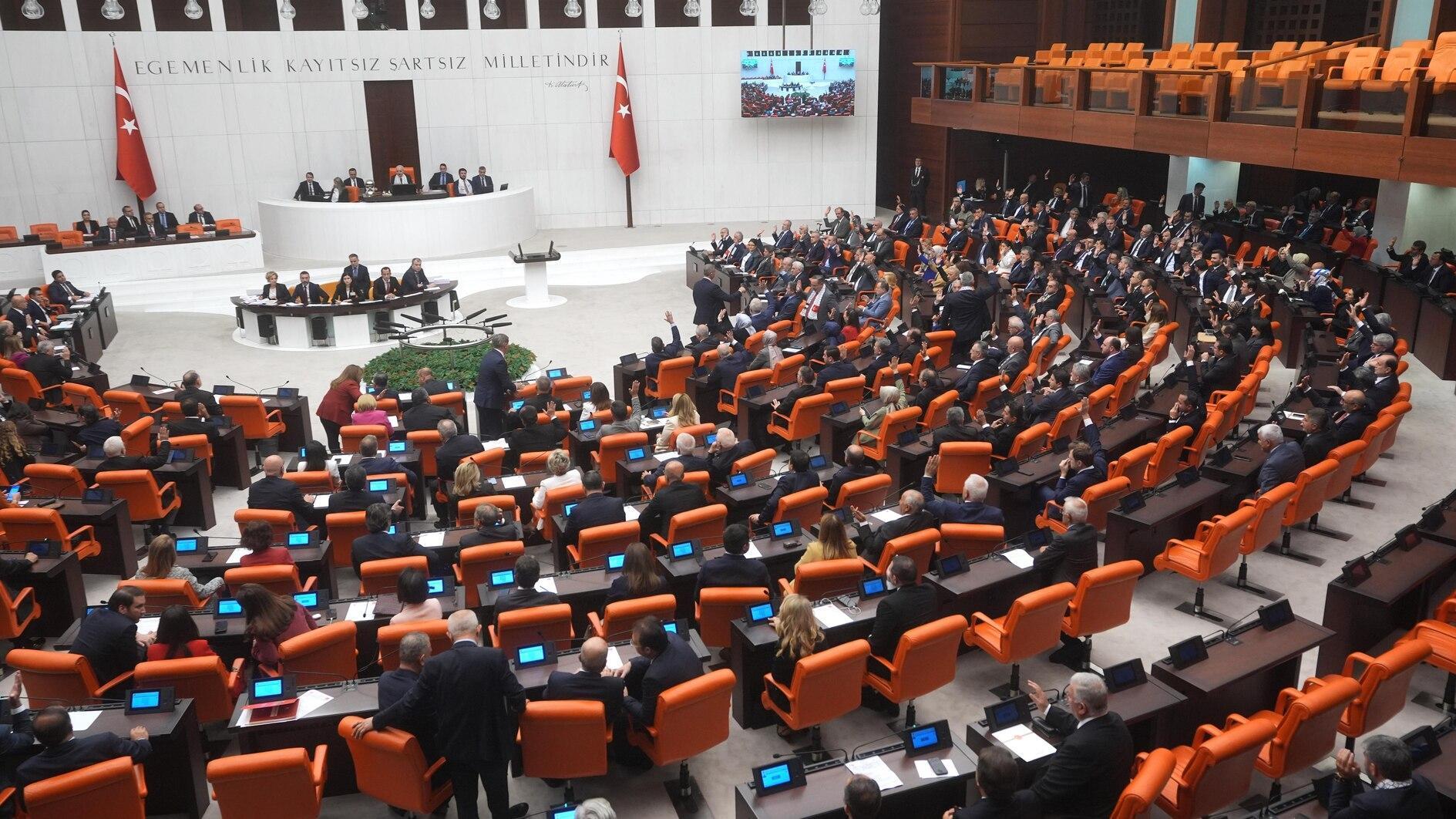Turkey climate to be hotter, drier: Report
Erdinç Çelikkan – ANKARA
 The climate in Turkey will be hotter, drier and less predictable in terms of precipitation in the future, according to a report that was recently presented to the country’s parliament.
The climate in Turkey will be hotter, drier and less predictable in terms of precipitation in the future, according to a report that was recently presented to the country’s parliament.The report prepared by the Global Climate Association, the Association of Global Balance, Consumer and Climate (TÜVİK-DER) and the Legislative Association, was presented to parliament in a bid to “urgently” discuss the challenges facing Turkey in the face of climate change and political measures that can be taken against the challenges.
The report came as part of a project called “Climate Change for Development of Policy Strengthening the Role of Parliament in Turkey.”
“Turkey set a goal of decreasing the emission of greenhouse gases by 21 percent until 2030. The Environment Ministry stated that emissions, which were four tons per person in 1990, would increase to 10.5 tons in 2030... A series of recent scientific studies show that Turkey’s climate will be hotter, drier and more unpredictable in terms of precipitation. Turkey has already been experiencing unpredictable, instant, excessive downfalls, excessive cold and extraordinary rain and floods. It is important that the issues of climate change and preemptive policies against climate change are discussed within the scope of the Turkish parliament’s legislative and parliamentary supervisory actions,” said the report.
In Turkey, total emissions were calculated at 459.1 million tons of CO2 equivalent in 2013. Energy-based emissions are the biggest portion of total emissions at 82.2 percent. Industrial processes and products were next at 15.7 percent, followed by agriculture at 10.8 percent and waste at 5.7 percent, according to data from the Turkish Statistics Institute (TÜİK) released in May 2015.
Although Turkey is not one of the world’s top emitters such as the United States, Canada, China, India and Australia, the rate of increase in emissions is quite high. Total emissions in Turkey had risen 110.4 percent by 2013 over the level from 1990.
















